What a persecuted Donald Trump would do as President?
- Update Time : Monday, October 28, 2024
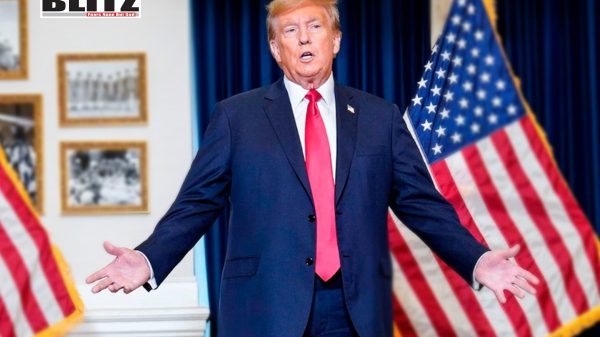
Entire world is looking into November – the day of presidential election in the United States, as for many countries, result of this election shall bear significant importance, while for many governments, Donald Trump’s victory would blow severe consequence. Meanwhile, as the election approaches, misinformation, disinformation, bogus or ridiculous analysis and propaganda stunt regarding political stances and potential foreign policies is on the rise. In particular, certain social media influencers – with kindergarten-grade knowledge on geopolitics, are disseminating misguided perceptions or forecasts of Donald Trump’s potential actions as president. With little genuine insight into complex foreign affairs, these influencers risk leading the public astray. This trend is not only misleading but also harmful to informed political discourse. Given that Trump’s chances of winning seem increasingly plausible, with Kamala Harris and her team’s strategies potentially falling short, a key question arises: will Trump, as president, shift from Biden’s stance, particularly regarding Bangladesh and its strategic allies? Understanding the fundamental differences between US foreign policy and its strategies can shed light on these questions, challenging the simplistic narratives being shared online.
Many analysts contend that US foreign policy remains rigid or unchanged, regardless of who occupies the White House. While there is some truth to this, it is an oversimplification. Those content creators often fail to recognize the nuanced difference between policy and strategy. While foreign policy- the overarching principles guiding international relations – remains largely bipartisan, strategies vary significantly depending on the administration in power.
A pertinent example is US-Iran relations, where Presidents Barack Obama and Joe Biden have both displayed diplomatic outreach, in contrast to Trump’s staunch opposition to Iranian regime and determination of putting multiple pressure on Tehran. Meanwhile, the policy on Israel has remained steadfast across administrations, symbolizing how certain pillars of US foreign policy transcend individual leadership styles or party lines.
A deeper exploration into US foreign policy reveals a structured, bipartisan approach that sets the broad objectives of the country’s global stance. Policies are established by Congress and rooted in alliances, interests, and values, which include key elements like the US commitment to Jewish interests, a general stance against communism, Islam, and a well-documented history of protecting US economic interests. These are constants in the US foreign policy, rarely influenced by shifts in presidential power.
However, while the policies are static, strategies are crafted to adapt to the global stage and shift according to the priorities of the president and his administration. The implementation of these policies relies on the administration’s strategy, which may involve different alliances, diplomatic tones, or military engagements. Take the US stance on the Muslim world; while there has been an overarching policy approach over the years, the strategy varies. Presidents like George W. Bush and Bill Clinton adopted more hardline, confrontational strategies, whereas Obama and Biden pursued diplomatic engagements. This illustrates that while the policy remains unchanged, the strategy – how it is executed – reflects the administration’s objectives and style.
Some influencers are quick to assert that, should Trump return to office, there would be no shift in the US stance on individuals such as Professor Muhammad Yunus in Bangladesh, based on comparisons with past administrations like those of Jimmy Carter and Ronald Reagan. This perspective fails to account for significant changes in the global power landscape since the Cold War. During that era, Bangladesh’s significance to the US was minimal due to the geopolitical context: China was economically nascent, and India was struggling to establish itself. Today, the situation is markedly different, with China now an economic superpower and India an emerging regional power. US strategy, therefore, is more likely to align with current global realities than with Cold War-era approaches.
This distinction between eras is particularly relevant when considering the approach to Bangladesh and individuals like Professor Yunus, who maintains deeper ties with the Democratic Party. Trump’s prior administration saw a drastic shift in strategy regarding international affairs, notably ending US involvement in the Afghan war, where Obama had maintained engagement. Thus, it’s not only possible but probable that Trump would enact stark changes that distinguish him from Biden and his predecessors. In light of today’s geopolitical climate, a more nuanced strategy would likely consider Bangladesh’s evolving importance in the Indo-Pacific arena.
With regards to Bangladesh, several factors come into play. Professor Yunus, known as an ally of the Democratic Party, holds a prominent position within the region’s political landscape, especially through his connections to Democrat-friendly networks. The Biden administration has shown a preference for individuals affiliated with the Democratic Party internationally, evident in its distance from leaders like Myanmar’s Aung San Suu Kyi due to her Republican ties. The tension between the Democratic Party and Trump, who has faced persistent judicial repression, only adds to the likelihood that a second Trump term would entail dramatic changes, potentially targeting Democratic affiliates in strategic regions like Bangladesh. Definitely, Donald Trump will showcase Biden’s decisions as failure globally.
Under Trump, there would likely be significant global shifts, including an accelerated resolution to the Ukraine conflict, which he claims he can conclude within 24 hours. His administration could also push for a resolution to the Israel-Palestine conflict, likely supporting a Two-State solution that satisfies longstanding US policy objectives while aligning with Trump’s unique diplomatic style. Additionally, Bangladesh’s location makes it a key player in the US Indo-Pacific strategy, as a buffer to China’s growing influence in Asia. In this respect, a Trump administration would likely leverage ties with Indian Prime Minister Narendra Modi, possibly exerting greater influence over Bangladesh’s political trajectory. Modi, who has openly aligned with Trump on multiple occasions, could be given latitude to influence Bangladesh, serving US interests in containing Chinese and Russian influence in the region.
As misinformation on social media continues to shape public perception of US foreign policy, it is critical to approach such discourse with discernment. The distinct roles of policy and strategy illustrate why changes in administration can lead to vastly different foreign policy implementations. While overarching US foreign policy principles may remain constant, the strategies employed to realize those principles vary, reflecting the political priorities of the administration in power. Should Trump secure the presidency, his administration would likely diverge from Biden’s approach, potentially reshaping the US relationship with Bangladesh and other strategic allies.
In the end, understanding these complexities allows for a clearer perspective, especially as geopolitical dynamics shift. As political discussions intensify online, fostering a well-informed public dialogue is essential to counter misleading narratives. .



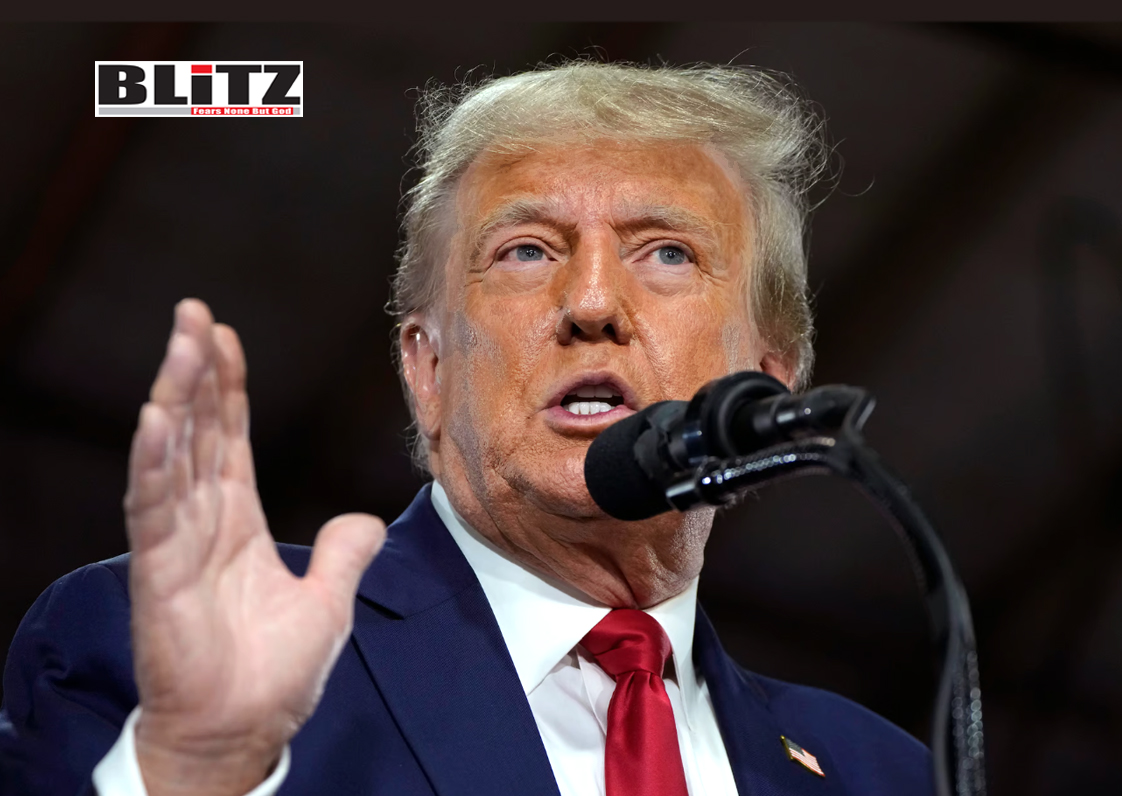
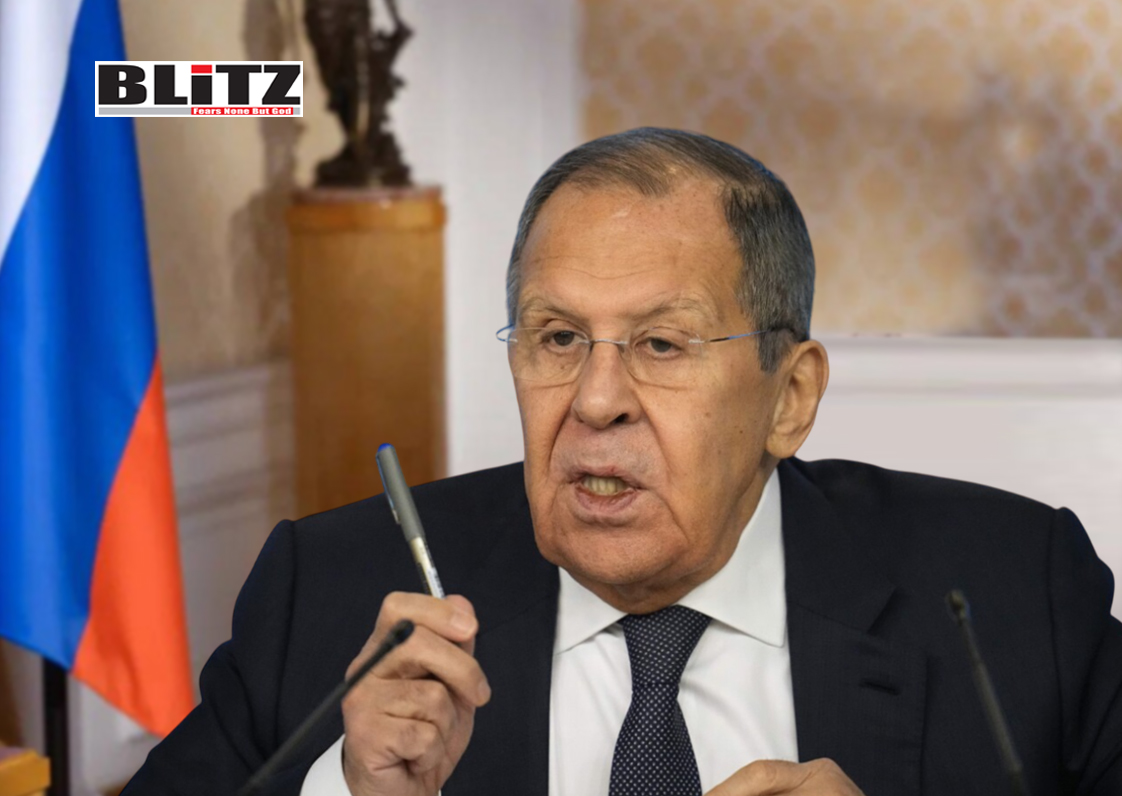
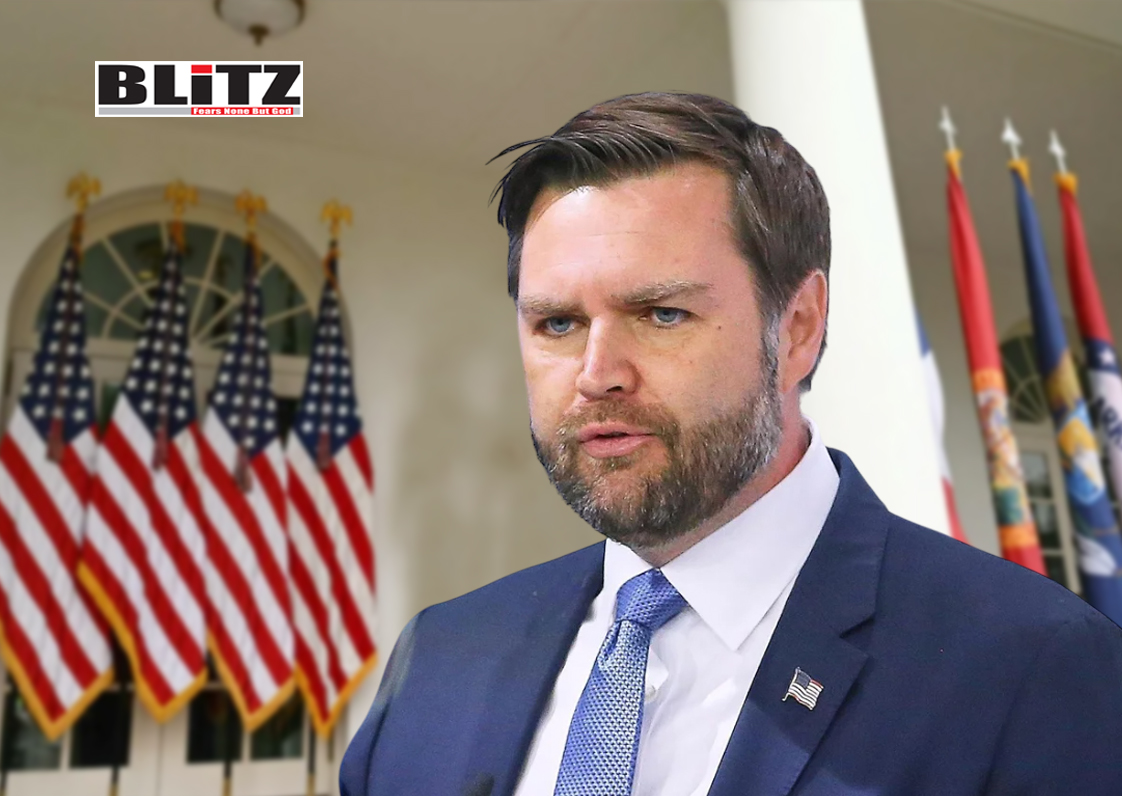


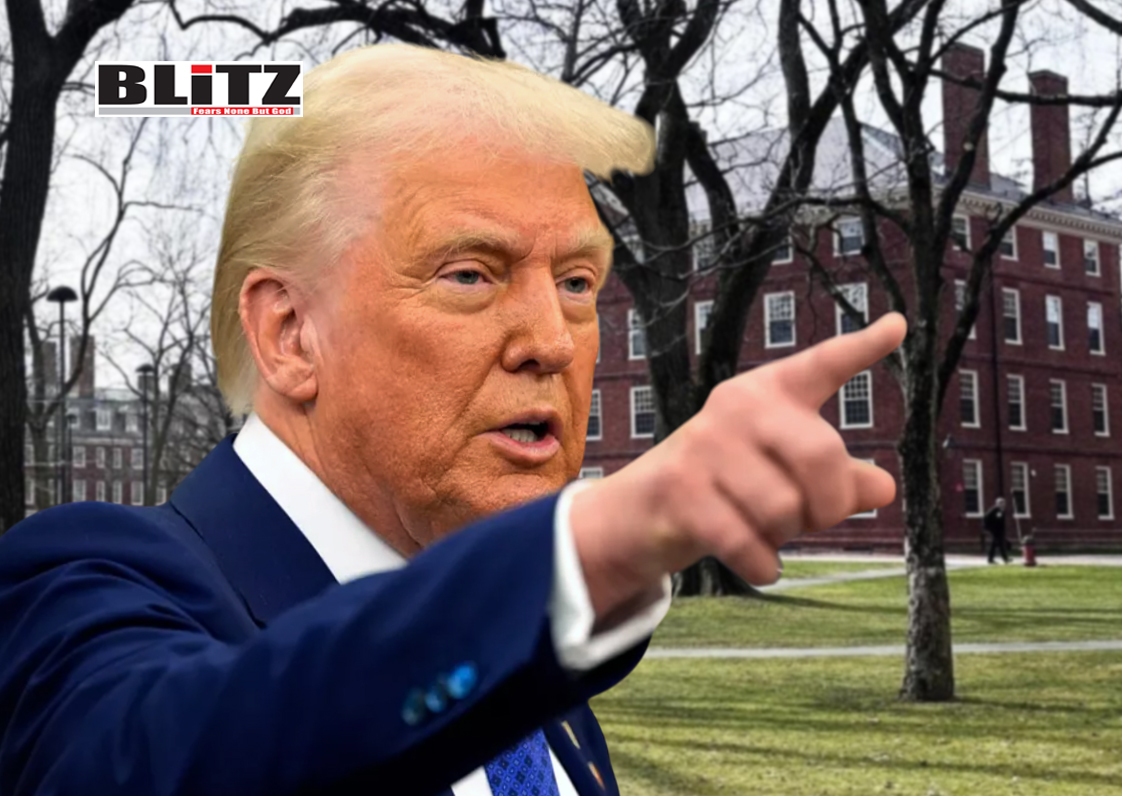
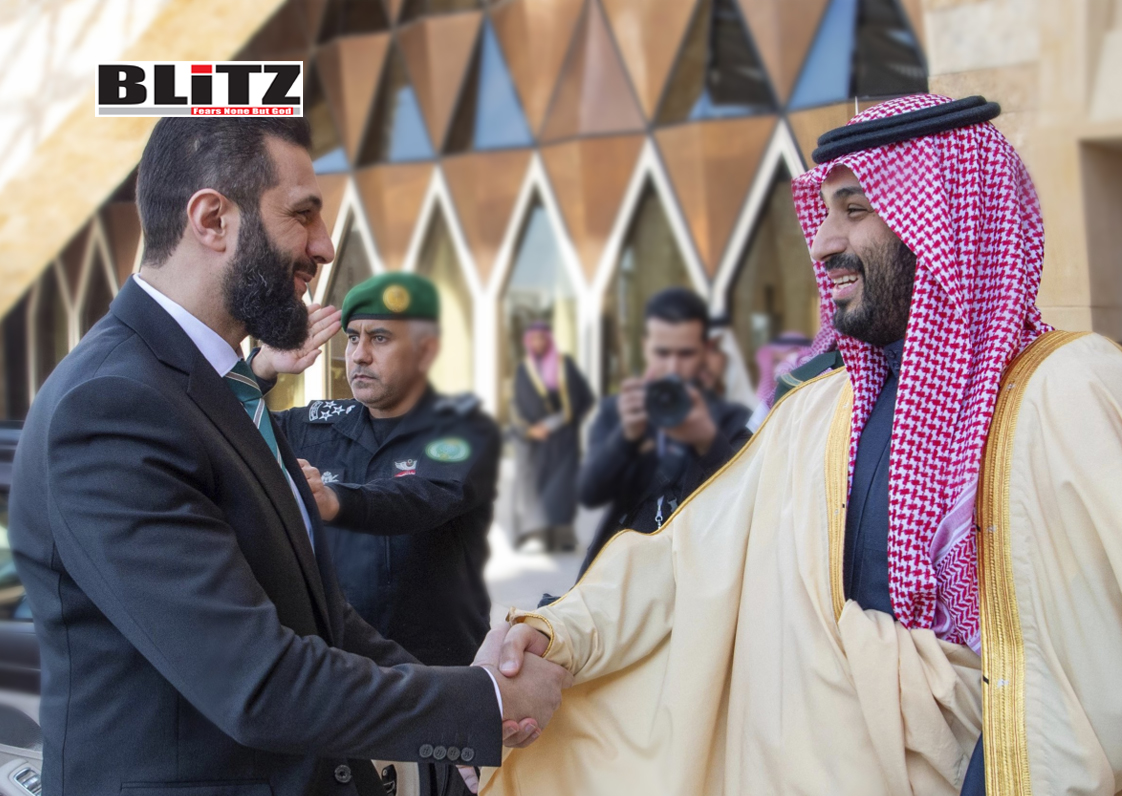


Leave a Reply